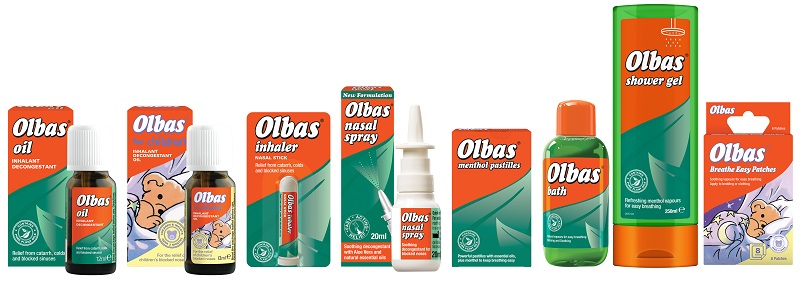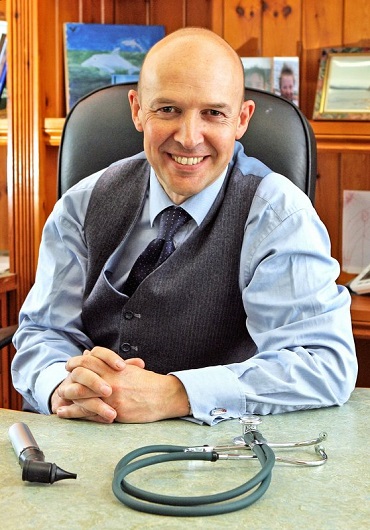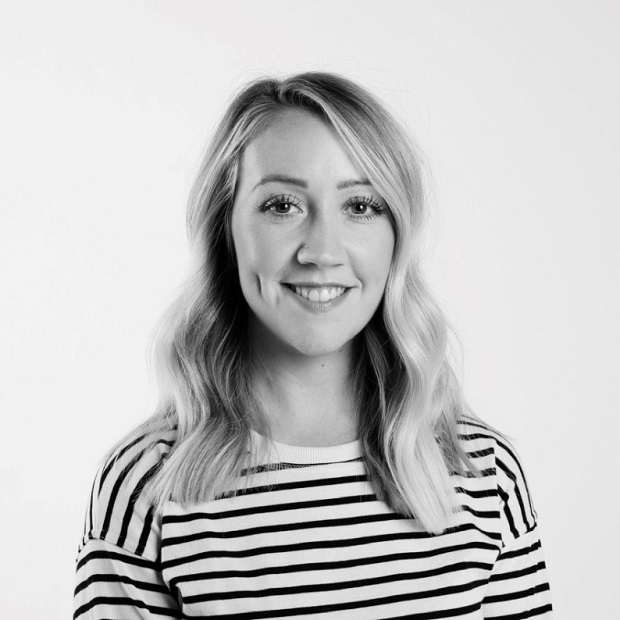- As cold and flu season sets in, new research reveals a striking generational divide in how people care for themselves when they’re unwell
- 18-25 year olds are leading the way in redefining what ‘self-care’ means, with over half (55 per cent) feeling comfortable taking time off work to rest and recover
- NHS GP and Olbas spokesperson, Dr Roger Henderson, shares new advice to create a cold and flu recovery routine
 As cold and flu season sets in, new research reveals a striking generational divide in how people care for themselves when they’re unwell.
As cold and flu season sets in, new research reveals a striking generational divide in how people care for themselves when they’re unwell.
18-28 year olds are leading the way in redefining what ‘self-care’ means, with over half (55 per cent) feeling comfortable taking time off work to rest and recover. By contrast, only 30 per cent of Baby Boomers (61–79) say the same, as many still follow the ‘keep calm and carry on’ mindset – pushing through illness, rather than pausing to heal.
For Gen Z, self-care goes beyond medicine. They’re more likely to hit pause on socialising (54 per cent), exercise (46 per cent) and household chores (42 per cent), with 83 per cent believing that slowing down actually speeds up recovery.
Boomers, on the other hand, tend to manage sickness more traditionally, reaching for over-the-counter remedies (59 per cent), eating nourishing meals (50 per cent), and getting extra rest in bed (48 per cent). Yet, a sense of guilt still lingers: 45 per cent admit they feel bad for taking time off work to look after themselves, and nearly a quarter (24 per cent) worry about being judged by their manager.
Across all age groups, however, one truth stands out: three in ten adults confess they don’t prioritise self-care enough, suggesting that while cultural attitudes may be shifting, the challenge of truly putting health first remains universal.
 Dr Roger Henderson, NHS GP and spokesperson for Olbas, which commissioned the research, said: “Many people and families are now taking a gentler approach to ‘sick days’, with more focus on rest and simple comforts rather than just ‘pushing through’.
Dr Roger Henderson, NHS GP and spokesperson for Olbas, which commissioned the research, said: “Many people and families are now taking a gentler approach to ‘sick days’, with more focus on rest and simple comforts rather than just ‘pushing through’.
“Recovery is now seen as a chance to support both body and mind – with good sleep, hydration and calm activities all helping along the way. Small rituals can make a big difference too: steam inhalation, natural decongestants, warm baths or even propping up pillows at night can ease symptoms and bring comfort. These little moments of care not only help us feel better, but also give peace of mind for caregivers during cold and flu season.”
For younger generations, self-care is about small comforts which make being unwell more bearable. For Gen Z, that means running a hot bath (40 per cent), or curling up with a favourite TV show or film (42 per cent). Similarly, a soak is among the go-to cures for Gen Z (37 per cent) as well as eating fruit and veg (45 per cent) and using home remedies (31 per cent).
Millennials share some of that mindset, with over half (53 per cent) saying they’re comfortable taking time off when sick. But the older generations paint a different picture. Nearly half of Gen X (42 per cent) and 40 per cent of Boomers admit they’d rather power through and stay at work than rest, reflecting a “push on” culture that still defines many workplaces.
However, 34 per cent of all respondents predict that there will be a shift in attitude towards illness, with more emphasis on ensuring that self-care is prioritised. 40 per cent also believe that workplaces will adapt further to include more remote working and flexible hours to accommodate employees when they’re feeling unwell.
Rachel Ramsden, Olbas Brand Manager, added: “Self-care was perhaps once thought of as indulgent, but it’s now a necessity for many people. Being comfortable to rest and recover, embracing your personal ritual for periods of illness and having a support system in place that allows this is essential.
 “A lot has happened in recent years, which has impacted how we care for ourselves and general attitudes towards cold and flu recovery. With winter approaching, it’s important that people recognise the signs of illness and know how they can help themselves recover as quickly as possible – whether that is through self-care, natural medication or visiting their local pharmacy for more advice.”
“A lot has happened in recent years, which has impacted how we care for ourselves and general attitudes towards cold and flu recovery. With winter approaching, it’s important that people recognise the signs of illness and know how they can help themselves recover as quickly as possible – whether that is through self-care, natural medication or visiting their local pharmacy for more advice.”
This online survey of 2,000 UK adults (nationally representative on the basis of age, gender and region) was commissioned by Speed Comms on behalf of Olbas and conducted by market research company OnePoll, in accordance with the Market Research Society’s code of conduct. Data was collected between 02/09/2025 and 04/09/2025. OnePoll are MRS Company Partners, corporate membership of ESOMAR and Members of the British Polling Council.


Comments are closed.